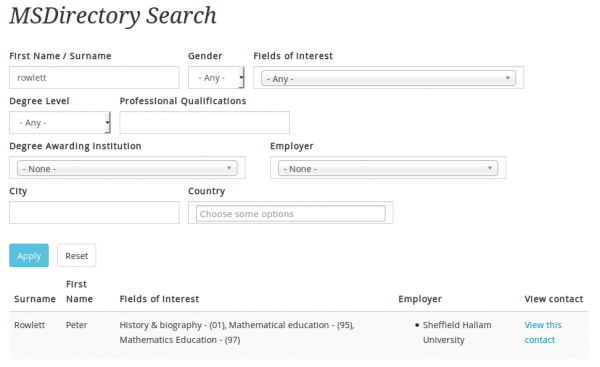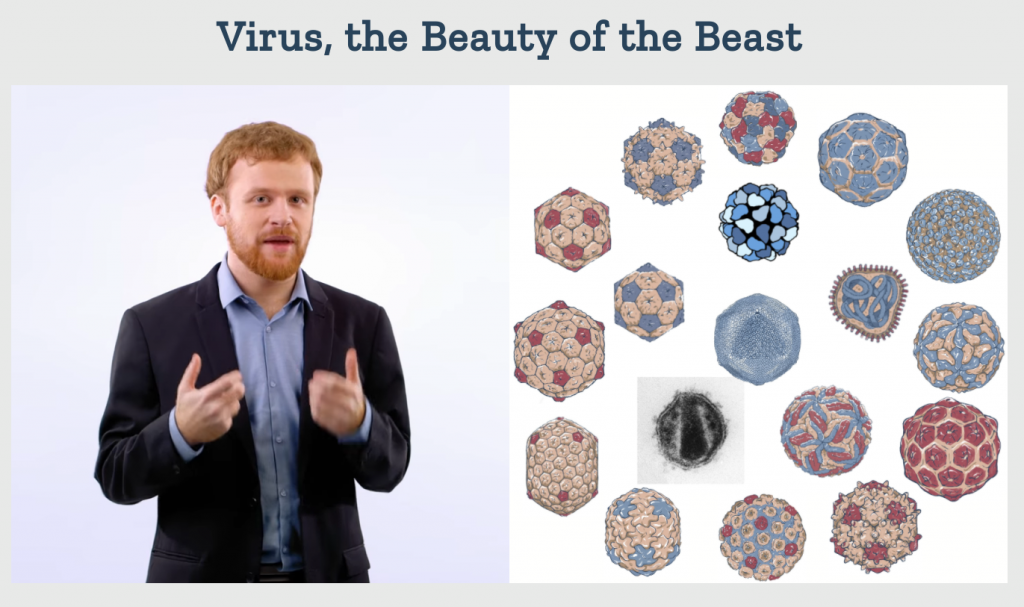
The London Mathematical Society yesterday launched its Mathematical Sciences Directory (LMS MSDirectory), a directory of mathematical scientists in the UK. Entries include some personal information, academic networks and social media, current employment and information on education/qualifications. Yes, it’s yet another place to list all this information.
The LMS website suggests a set of benefits for being on the list, including networking with others in UK mathematical sciences and the opportunity to contribute data anonymously to projects such as the Mathematical Sciences People Pipeline, which are used “to make representation to national policy-makers regarding the mathematical sciences”.
Those eligible to be listed include people with a maths degree from a UK institution, those currently working in mathematical sciences in the UK with or without a maths degree, and current students. You don’t have to be an LMS member to be on the list. The FAQ suggests the list was initially populated with data from “over 5,000 mathematicians” (though some may have opted-out before launch – they first emailed me in March asking me to check my data or opt-out) and people can opt to join.
More information
Further details and information on how to join the list from the LMS.

